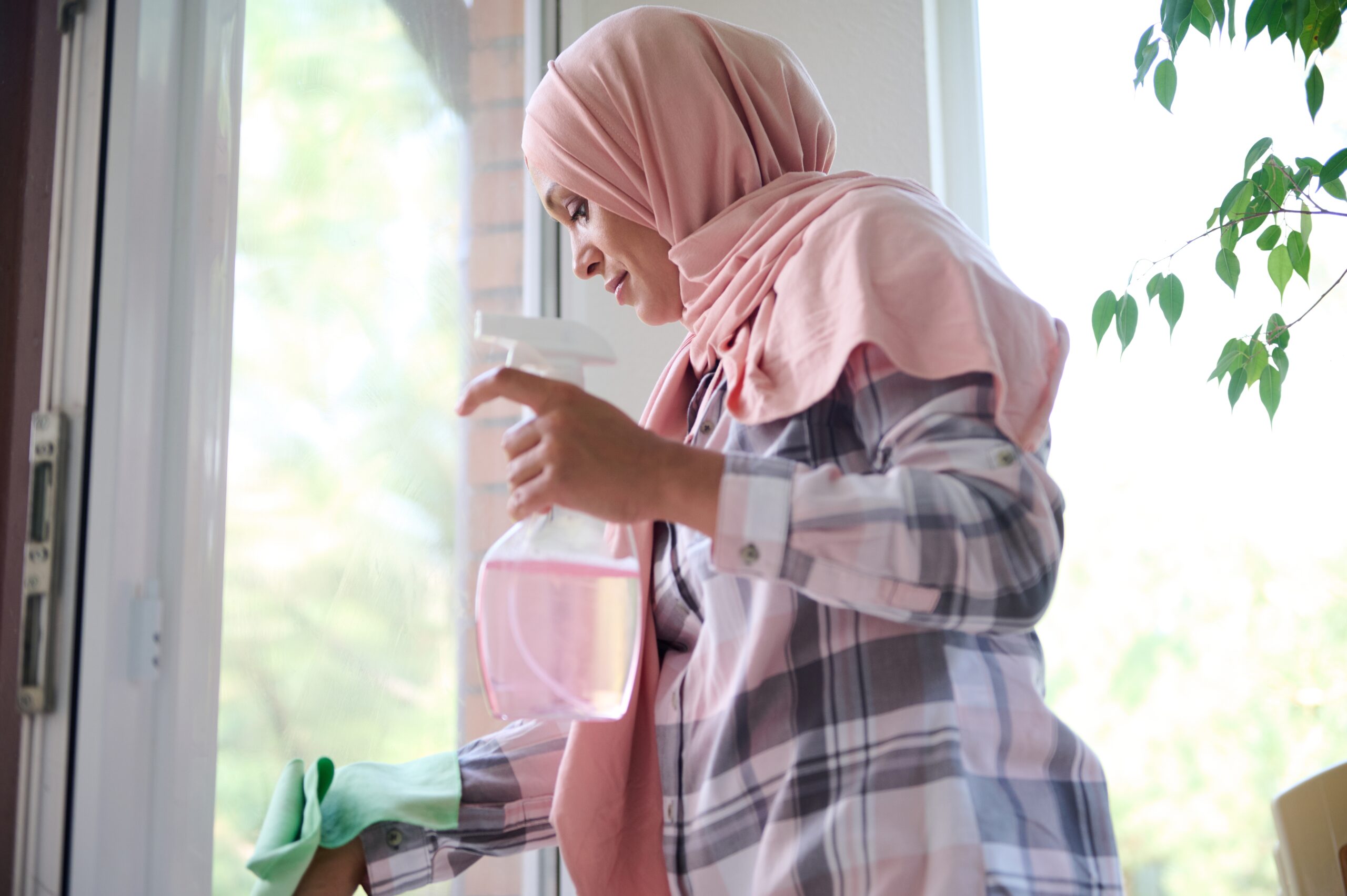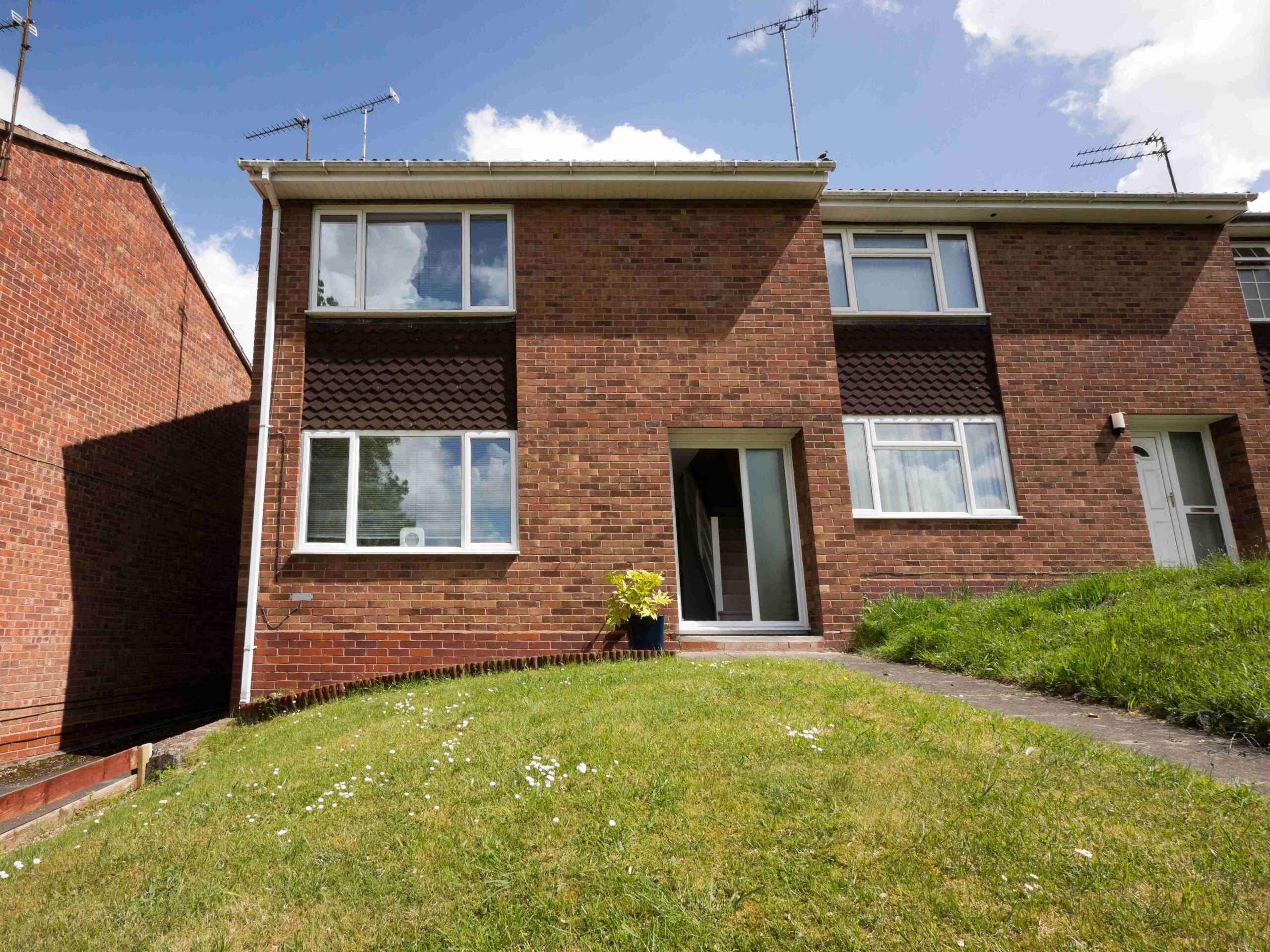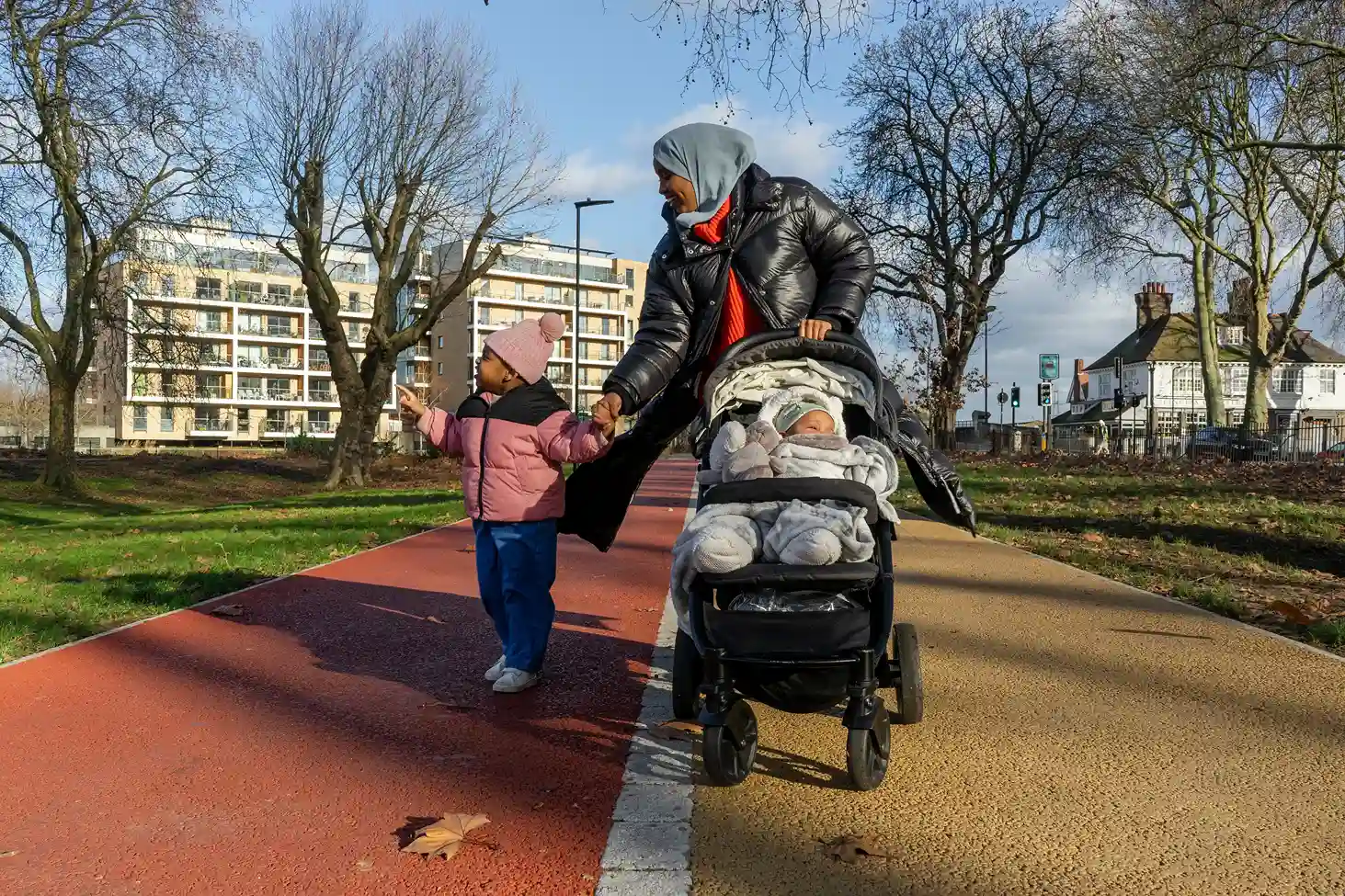In the lead up to World Homelessness Day on 10 October, we are reminded that homelessness is not a one-size-fits-all issue. For women, the causes, experiences, and consequences of homelessness are profoundly shaped by gender. Across the UK, women – and particularly single mothers – are disproportionately at risk of losing their homes1.This is why gender-responsive housing solutions, such as the Women in Safe Homes fund – a joint venture of Resonance and Patron Capital – is more important than ever.
The gendered reality of homelessness
While homelessness is often depicted as rough sleeping – a group still predominantly male (83%2) – women’s homelessness is both less visible and more complex. Women are more likely to experience hidden homelessness, staying in unsafe relationships, sofa-surfing, or living in insecure temporary accommodation rather than sleeping on the streets.
Some stark statistics:
- 60% of all homeless adults in temporary accommodation in England are women3
- Over 70,000 households in temporary accommodation are single parent families4
- 85% of single-parent households in the UK are headed by women, representing 1 in 4 families5
- Domestic abuse remains the leading trigger of homelessness for women, with 2.3 million women6 (9.5% of the female population) experiencing domestic abuse in 2024
These figures highlight why women’s homelessness cannot be addressed by generic housing solutions alone. Trauma, childcare responsibilities, and safety needs, all require individualised and person-focused approaches.
Resonance’s Women in Safe Homes Fund
Launched in 2020, the Women in Safe Homes fund was believed to be the UK’s first gender-lens impact property fund. Its purpose is clear: to provide safe, secure, and affordable homes for women escaping domestic abuse, leaving prison, or recovering from experiencing trafficking and exploitation
The fund has now fully deployed, purchasing 122 properties across the UK. To date, it has housed around 600 women and children and is already creating positive outcomes for its tenants, including (stats from the fund’s latest social impact report):
- 95% of women feel safe in their home and 92% say their home has helped them build independence, and,
- 96% of women said their home has helped them access the support they needed with 95% agreeing their home is suitable to their needs
- Delivered a model where families with two or more children are especially well supported, reflecting demand for 2- and 3-bedroom homes and responding to real need
For the women the fund is providing safe places to live, housing is not just shelter – it’s the foundation for the start of recovery, safety, and empowerment.
For many women, the difference is life changing. As one tenant, Daima, explains:
“I feel like I have safety and support in my new home. I now live in a good neighbourhood with my children. I don’t know where I would be without it but it would be bad.” Daima, tenant
And Lucy described the relief of stability after years of uncertainty:
“This new home has given us the chance to start again, it has been a great relief.”
Resonance’s wider Homelessness Property Funds
Beyond the Women in Safe Homes fund, Resonance’s five Homelessness Property Funds have been purchasing and refurbishing properties, and housing people at risk of homelessness, since 2013. These funds have raised around £440m to provide over 1,350 homes for more than 4,400 individuals and families so far.
And whilst originally serving a broader demographic, these funds have seen a significant shift in household composition in recent years:
- Today, around two-thirds of Resonance property fund tenants are women
- The core tenant group is now female-led single-parent households with children – a reflection of both the acute need among women and the suitability of the housing model for families
This mirrors wider national realities: women, particularly single mothers, face disproportionate housing instability. By focusing increasingly on family-sized properties, Resonance’s funds are aligning with tenant needs.
Why a gendered lens matters
Women’s homelessness is often rooted in experiences of domestic abuse, exploitation, and systemic disadvantage. For women with children, housing insecurity carries intergenerational impacts, affecting children’s mental health, education, and future life chances. And yet, only 11%7 of emergency homelessness services offer single-sex accommodation, leaving women at risk of further or additional trauma.
Funds like the Women in Safe Homes fund show what’s possible when housing investment is designed with women in mind: homes that are safe, trauma-informed, and family-suitable. Beyond shelter, these homes are platforms for starting to rebuild independence, wellbeing, and dignity – not just for women but for their children too.
Looking ahead
Resonance remains committed to tackling homelessness through innovative property funds that combine financial sustainability with deep social impact. As women and children increasingly represent the majority of those facing housing crisis, the importance of gender-responsive solutions cannot be overstated.
On this World Homelessness Day, we are proud to stand with our housing partners, tenants, and investors in recognising women’s lived experiences – and in providing the safe homes that are the first step toward lasting change.
Over its lifetime, the Women in Safe Homes fund aims to house more than 2,300 women and children, helping women and their families to rebuild their lives and create brighter futures.
Sources
1 Shelter: Single-parent families AND International Women’s Day – why are lone mother households more likely to be homeless
2 GOV.UK: Rough sleeping snapshot in England: autumn 2024
3 Single Homeless Project: Women’s homelessness: the stats
4 Shelter: Single-parent families at risk of homelessness
5 Office for National Statistics: Families & Households in the UK
6 Office for National Statistics: Domestic abuse statistics May 2025
7 St Mungo’s: Women and homelessness





